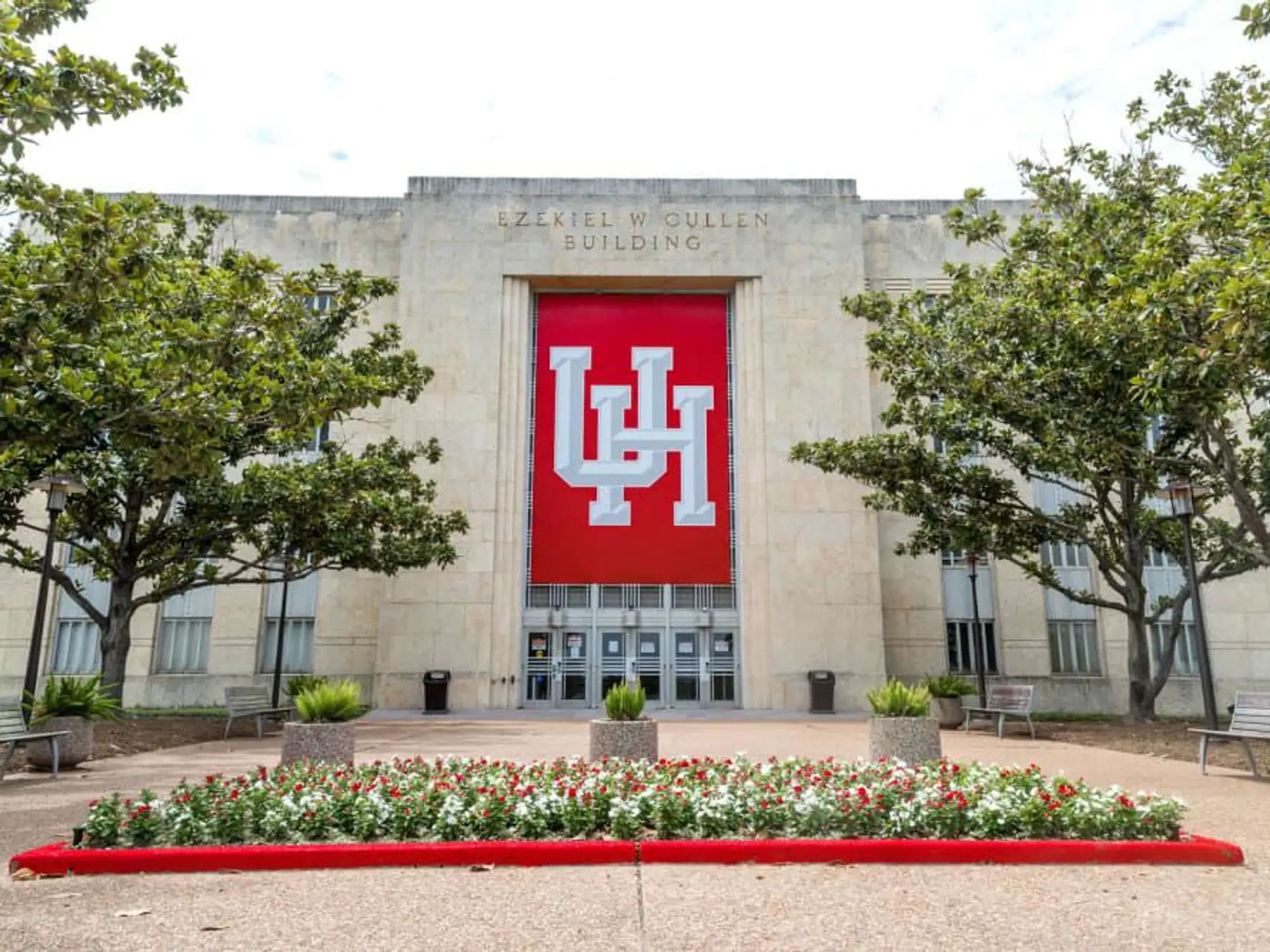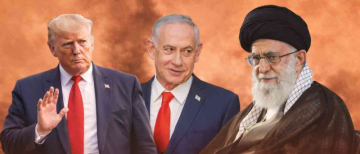A course on Hinduism at the University of Houston has sparked intense controversy, with an Indian-American student and activist accusing it of promoting "Hinduphobic" views and distorting India’s political landscape. The uproar centers around the university’s online course, Lived Hindu Religion, taught by Professor Aaron Michael Ullrey, and it has raised concerns about the portrayal of Hinduism in academic settings.
The university has responded by stating that it is “reviewing the concerns raised” by the student, but this incident has ignited a broader debate about how Hinduism is represented in U.S. academia.

The Controversy: Why Are the Course’s Contents Under Fire?
The issue began when Vasant Bhatt, a political science student at the University of Houston and an activist, raised a formal complaint against the course. Bhatt alleges that the course content distorts the essence of Hinduism, calling it a “colonial construct” rather than an ancient, living tradition. Some of the course’s most controversial aspects include:
-
Hinduism as a Colonial Construct: Professor Ullrey describes Hinduism as not a lived tradition but a "colonial construct," which has sparked outrage among students and activists who argue this simplification is misleading and offensive.
-
Hinduism as a Political Tool: According to Bhatt, the professor refers to Hinduism as a tool "weaponized by Hindu nationalists" to suppress minorities in India. This framing implies that Hinduism is not just a religion but an ideological weapon.
-
Distortion of the Term ‘Hindu’: A particularly contentious statement in the course suggests that the term "Hindu" is modern and is not found in ancient scriptures. This notion challenges the historical and cultural depth of the religion, which is deeply rooted in centuries of tradition.
-
The Connection to Hindutva: The course includes statements such as "Hindutva, or 'Hindu-ness," being used by Hindu nationalists to promote Hinduism as the official religion of India and to "denigrate" other religions, particularly Islam. This framing has drawn sharp criticism, as it links Hinduism directly to nationalist politics in a way many feel is misleading.
-
Prime Minister Modi and Hindu Fundamentalism: In his lecture titled Political Hinduism, Professor Ullrey labeled India’s Prime Minister Narendra Modi as a “Hindu fundamentalist,” a term that has been widely contested for its implications about the Prime Minister’s political ideology and personal beliefs.
ALERT: A Hindu student at @UHouston is reported to be in a class wherein the Professor is delegitimizing Hindu identity, linking it to politics and religious extremism.
>90% of Muslims and other minority groups see themselves as proud to be Indian (Source: Pew Research Center)… pic.twitter.com/j6nBIQdbSG— Hindu On Campus (@hinduoncampus) March 19, 2025
Advocacy Groups Speak Out
The criticism of the course has not been limited to Bhatt alone. Hindu on Campus, a student-led platform advocating against Hinduphobia and promoting fair representation of Hindu identity, has also voiced strong objections. In a statement shared on social media, the group highlighted that:
-
Lack of Evidence: The claims made in the course, particularly regarding the political weaponization of Hinduism, were not backed by credible evidence or data.
-
Concerns about Extremism: While political disagreements are acceptable, the group stressed that framing Hinduism as inherently extremist based on political views is harmful and unfounded.
Bhatt’s Complaints: A Deeper Issue?
Bhatt, in his complaint to the dean of the College of Liberal Arts and Social Sciences, alleged that the department attempted to sidestep the core issue. Instead of addressing the substance of the complaint, Bhatt claimed the department tried to discredit him by questioning his process for raising concerns. He expressed frustration that his valid concerns about the portrayal of Hinduism were not taken seriously.
For Bhatt, the controversy surrounding the Lived Hindu Religion course is not just an isolated incident but part of a broader trend of misinformation being spread in academic environments. He argued that the course contributes to the growing problem of Hinduphobia in the United States, where stereotypes about Hindus and their beliefs are increasingly being presented as facts in educational settings.
University of Houston’s Response: What They’re Saying
The University of Houston has taken the concerns raised by Bhatt seriously, stating that it is reviewing the issue. Shawn Lindsey, Senior Associate Vice President for Strategic Communications at the University, emphasized:
-
Commitment to Academic Freedom: The university upholds academic freedom and does not typically oversee specific faculty lectures, allowing professors the autonomy to teach their subjects.
-
Curriculum Oversight: While the university respects academic freedom, it does have oversight to ensure courses meet academic and pedagogical standards. Lindsey assured that any issues regarding course content would be addressed appropriately.
-
Ongoing Review: “We are reviewing the concerns raised and will address the issue as needed,” Lindsey added, signaling that the university is taking the matter seriously.
None of these claims are backed by evidence or data. Political disagreements are welcomed but fabricating extremism under the basis of Hindu identity is not. pic.twitter.com/JmnCW5AzfF— Hindu On Campus (@hinduoncampus) March 19, 2025
A Growing Debate: Hinduphobia in the U.S. Academic Landscape
This controversy is part of a broader conversation about Hinduphobia—discrimination against or prejudice toward Hindus—that is increasingly being discussed in the United States. Several Indian-American groups have pointed to a rise in incidents where Hinduism is misrepresented or vilified in public discourse.
In December 2024, Indian-American Congressman Shri Thanedar introduced a bipartisan resolution condemning Hinduphobia in the U.S. This move came amid growing concerns about the H1-B visa system, which allows skilled foreign workers to enter the U.S., a program heavily utilized by professionals from India.
Thanedar’s resolution also highlights the ongoing issue of racism in the U.S. “Racism in America is still alive and well, and we must stand up to it together,” he wrote, advocating for unity in fighting discrimination.
Academic Integrity vs. Religious Representation
The controversy surrounding the Lived Hindu Religion course at the University of Houston is emblematic of a larger issue: how religious traditions are represented in academic spaces. On one hand, universities must uphold academic freedom, allowing professors to teach and discuss ideas without undue interference. On the other hand, it is essential that these discussions be grounded in accurate, respectful portrayals of the traditions they address and based on factual, well-researched information.
As the university continues to review the concerns raised, this situation underscores the importance of ensuring that religious studies courses represent cultures and beliefs in a manner that is both truthful and sensitive to the lived experiences of those communities. With increased scrutiny on how Hinduism is presented in academic settings, it is crucial to strike a balance between academic freedom and the responsibility to avoid perpetuating harmful stereotypes.
With inputs from agencies
Image Source: Multiple agencies
© Copyright 2025. All Rights Reserved Powered by Vygr Media.


















